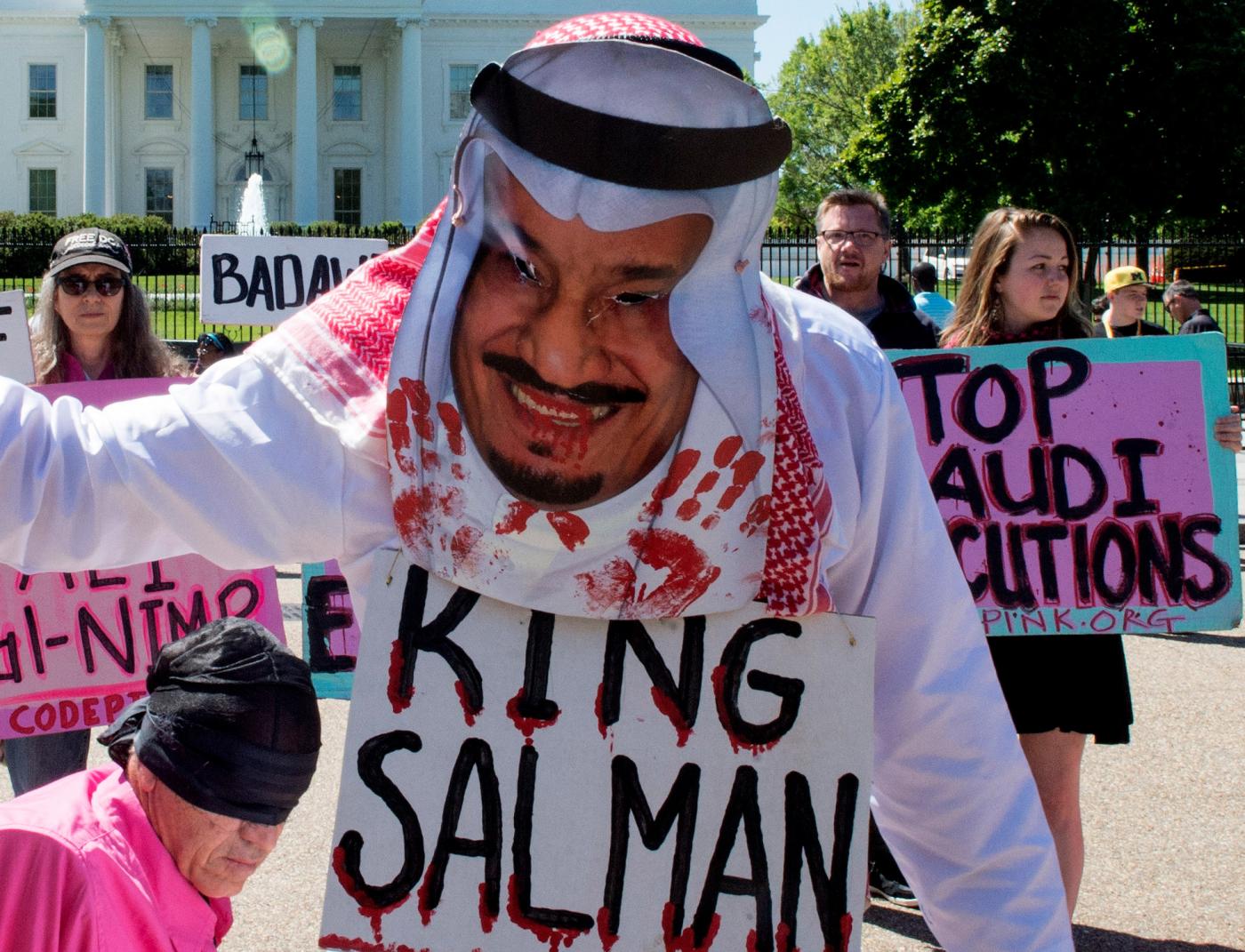
A Saudi man who was convicted following a “grossly unfair trial” for crimes committed when he was a minor risks being executed, Human Rights Watch reports, despite a royal decree that scrapped the death penalty for juveniles.
Abdullah al-Huwaiti was convicted on murder and armed robbery charges by a criminal court in October 2019 when he was 17, along with five other defendants, said the rights group, which reviewed the court documents in the trial.
He was arrested when he was 14, the rights group said, for crimes allegedly committed in 2017.
HRW said Huwaiti was sentenced to death and ordered to pay 1,315,000 SAR ($350,000) in restitution to the victims. His case is due to be transferred to Riyadh’s Supreme Court for a final ruling.
The group added that all six defendants told the court at trial that interrogators extracted their confessions through torture or the threat of it.
“Al-Huwaiti’s court proceedings flouted almost every internationally recognizable fair trial guarantee,” Michael Page, HRW’s deputy Middle East director, said in a statement.
“In sentencing a child to die while ignoring torture allegations, the Saudi court made a mockery of the country’s alleged ‘reforms’.”
The Saudi embassy in Washington did not respond to a request for comment on the case.
‘Deep concerns’
Last year, Saudi Arabia’s state-backed Human Rights Commission (HRC) said the country would stop sentencing to death people who committed crimes while minors, citing a royal decree by King Salman bin Abdulaziz.
However, that decree was not reported by state media, nor published in the official gazette as would be normal practice. Rights groups have raised concerns about its implementation and previously warned that several youths still face the death penalty.
Last month, the commission announced that death sentences for three individuals – Ali al-Nimr, Dawood al-Marhoun, and Abdullah al-Zaher – were each commuted to 10 years in prison.
Still, HRW noted that, despite the royal decree regarding the end of death sentences for minors, the provision does not apply to all crimes.
Two categories under Saudi Arabia’s interpretation of Islamic law that still offer death sentences to juveniles are “houdoud”, or serious crimes that carry a prescribed punishment, including terrorism, and “qisas”, or retribution, usually for murder.
Huwaiti was convicted on a “houdoud” charge, HRW said.
UN human rights experts have also expressed “deep concern” over Huwaiti’s status on death row. They said he was convicted of a “crime allegedly committed when he was a minor and is now facing execution following a trial marred by torture allegations”.
By MEE